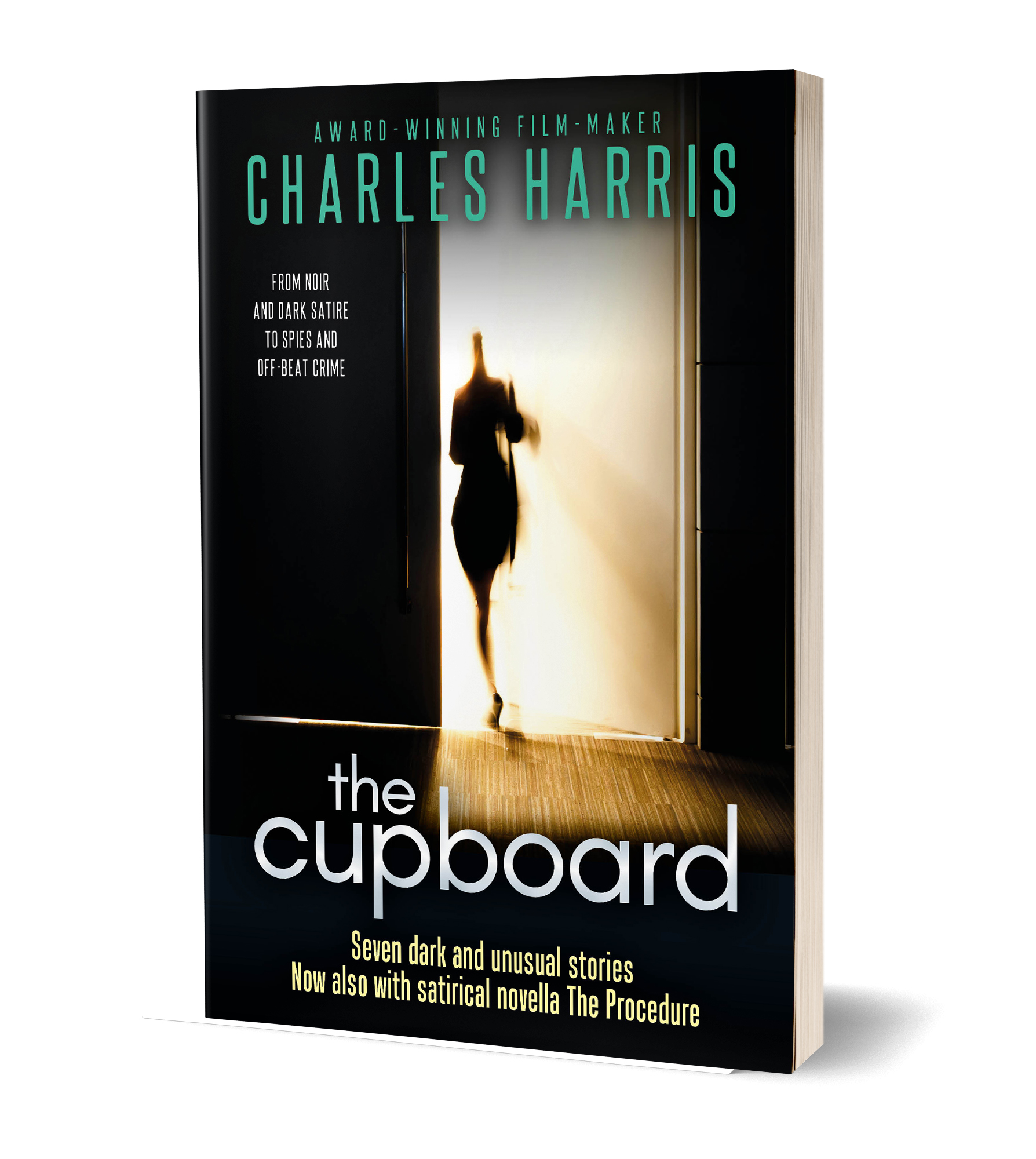Amber ending: How they could have broken the rules and succeeded
04 Friday Jul 2014
Written by Charles Harris in Breaking The Rules, Crime, Structure, Technique
Were you made red with range over the ending of the often excellent mini-series Amber – or did you feel it was fresh and realistic? Is it possible to break the rules as much as they did? Many hated the ending while others defended it fiercely. Who was right?
You may have noticed a great noise on social media over the ending of RTE’s successful mini-series, Amber, which finished on UK TV last week. And here’s a massive SPOILER ALERT.
Because many people took great exception to the ending of an otherwise powerful four-part series about a missing teenager, while others (the producers included) defended it strongly as being a refreshing change, and to discuss it properly I’m going to have to refer to what happened and what didn’t happen. So, if you haven’t finished the final part yet, you may not want to read the rest now.
For those of you who are still with me, Amber broke one of the fundamental rules of crime drama. It didn’t solve the mystery. In episode one, 14 year-old Amber Bailey goes missing, sparking a nationwide search, and episode four ends with no further understanding of what happened to her.
Red with rage
Cue general outrage. One reviewer was “red with rage” at the non-ending. Many viewers felt they’d invested four weeks in the story, only to be cheated. Many asked for their licence fee back, one asking RTE if they wanted to pay “in one lump sum or weekly or monthly payments”.
However, cast and crew defended the lack of ending as being refreshing, with RTE tweeting “So Amber was never found. This is the reality for many families. Sometimes there are no simple answers.”
True. But only half the story. Because a TV series is not real life, and a drama makes a contract with the viewer. That contract says there will be an ending to the mystery. If you break that contract, you risk having your head chewed off.
Can’t you be fresh and different?
But, hang on a minute. Surely there’s room for fresh and different endings. Does everything have to be fixed and formulaic in TV? Surely there are screen stories that don’t have a neat ending?
Yes, no and yes. The great Kurosawa movie Rashomon told the story of a killing from four angles, and never said which, if any, was true. The TV series The Shield ended without bent copper Vic Mackey getting arrested. The true crime story Zodiac didn’t end with the killer getting caught.
But here’s the thing. You can’t just cut out the expected ending and expect the audience not to get annoyed. It’s like shoplifting in front of the closed circuit cameras and expecting not to be caught. You have to be a bit cleverer than that. This is where RTE and lead writers Rob Cawley and Paul Duane made their mistake.
How to break the rules and get away with it
So how do the others do it? If you’re going to break the rules, you need to (a) know the rule exists in the first place and (b) work hard to defuse the audience’s objections. Here are a few ways the great writers do it:
1. Tell the audience up front.
Rashomon, written by Ryûnosuke Akutagawa and Shinobu Hashimoto with Kurosawa, tells you right at the beginning that this is a perplexing mystery. The film starts at the end, and is told to us in flashback by a woodcutter and a priest who tell us in advance that the story is a confusing one that tests the priest’s faith. When that turns out to be true, we are not surprised or annoyed – it was what we bought into from the first.
Indeed, the whole story is about the impossibility of ever knowing the truth. In the same way, it wouldn’t have been difficult for the Amber writers to have made the impossibility of closure a central motif of the story all the way through.
2. Give the audience something better
We know that the story of Vic Mackey in The Shield is not going to end well. However it would be too neat for him to be killed. Too limp for him merely to be arrested. And too disappointing for him to get away scot-free. In event, what happens to him is worse that being arrested or killed would ever have been. (If you want to know, watch the series – it’s great. Or email me!)
Rashomon too would be too neatly tied up if we were ever told what really happened. The mystery is better.
3. Make sure there is a climax even so
Zodiac was based on the true story of unsolved serial killings. However, while it can’t tell us who the serial killer was, it can build to a satisfying emotional climax, which it does.
The big mistake the producers of Amber made IMHO is not so much not giving a neat ending as not giving us a climax at all! There is an attempt at a climax, when the distraught father risks his freedom to track down an Eastern European crime ring who’ve been kidnapping Western teenagers and using them for sex.
However for some impenetrable reason (artistic? financial?) the entire climax happens off-screen, while we wait for a phone to ring. Four dramatic episodes end with a damp squib.
The problem with Amber is not that it has an unconventional ending, it’s that the director and writers don’t know how to sell an unusual ending to the audience. Overall the series is excellent (aside from a rather silly subplot in episode three about a mobile phone) and well worth watching if you haven’t.
But a bit of understanding about how to break the rules could have made it historic.



6 Comments
May 29, 2021 at 3:22 am
Horrible ending!!! If this is the end of the show… brutal!!!
June 1, 2021 at 6:02 pm
Hi Lindsay
Thank you. I agree, they writers/director(s*)/team managed it very badly. (*The second episode of the four has no director credit. I wonder if there was a falling out).
I also wonder if they hoped for a second series, but didn’t get enough ratings to persuade the network. That might explain a lot.
Charles
October 3, 2021 at 5:47 pm
Could have given the audience some satisfaction by telling the last episode through Amber’s eyes and given us more to draw our own conclusion
October 4, 2021 at 4:36 pm
Hi Eileen
That would have been an interesting slant. Nice idea.
Best wishes
Charles
March 10, 2023 at 2:19 am
Every story requires a climax and an ending. Everyone giving their time to the writers, producers, directors, cast and crew deserve this. Waste of time, otherwise.
March 10, 2023 at 6:49 pm
Absolutely, Janice. It’s frustrating. Whether it’s a lack of craft expertise or an arrogant belief that such expertise isn’t needed, audiences and – as you say – all those involved deserve better.